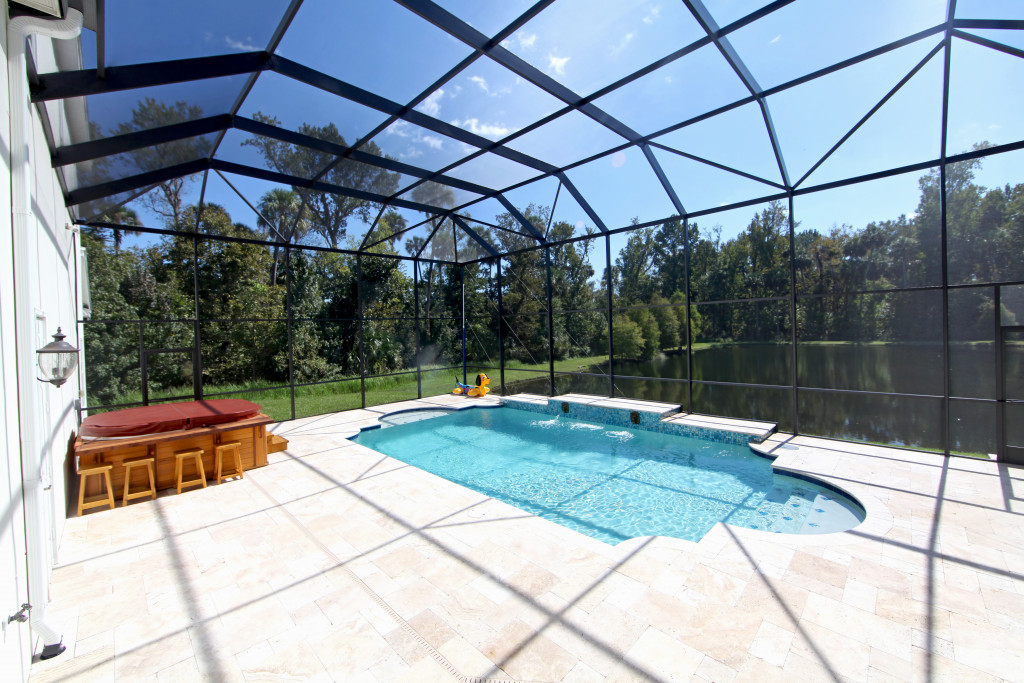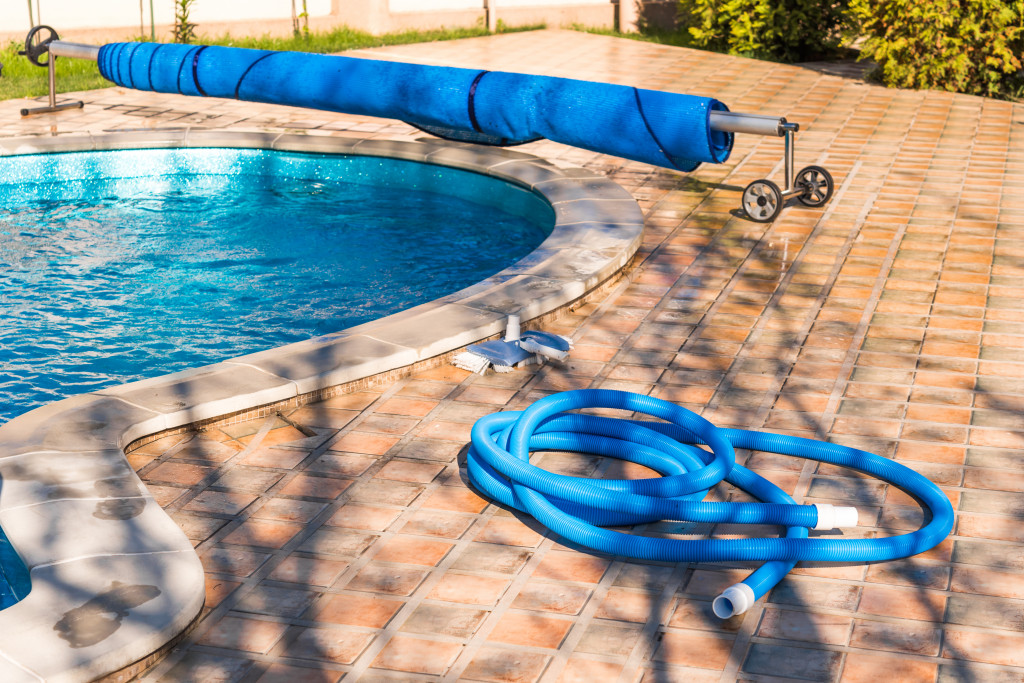When it comes to owning a swimming pool, there are a lot of things that go into keeping it up and running properly. From pH levels and chlorine levels to filter cleaning and algae control, there are a lot of things that need to be monitored on a regular basis. In this article, we will take a look at 12 common swimming pool problems and provide you with tips on how to fix them.
1. pH levels are too high or too low
One of the most common swimming pool problems is improper pH levels. When the pH level is too high, the water can be irritating to your skin and eyes. When the pH level is too low, it can be dangerous for your swimming pool equipment. Test the pH level of your pool water regularly and adjust accordingly. The best way to fix this problem is to use a pH balance for pool maintenance to bring the levels back to a safe level.
2. Chlorine levels are too high or too low
Another common swimming pool problem is improper chlorine levels. When the chlorine levels are too high, it can cause your eyes and skin to sting. When the chlorine levels are too low, it can leave your swimming pool vulnerable to bacteria and algae growth. You should use a chlorine stabilizer to help keep the levels consistent.
3. Filter needs cleaning
One of the most important things you need to do in order to keep your swimming pool running properly is to clean the filter on a regular basis. If the filter is not cleaned, it can cause the pool to become cloudy and even lead to algae growth. To clean the filter, you will need to remove it from the pool and soak it in a filter cleaner solution.
4. Algae growth
Algae is one of the most common problems with swimming pools. It can be difficult to get rid of and can often result in green water. The best way to prevent algae growth is to keep your pH levels and chlorine levels consistent and use an algaecide on a regular basis.
5. Swimming pool pump is not working properly
If the pump on your swimming pool is not working properly, it can cause the water to become cloudy and even lead to algae growth. If you are experiencing this problem, you should check the pump for any leaks and make sure it is properly plugged in.
6. Swimming pool heater is not working properly

If the swimming pool heater is not working properly, it can cause the water to become cold and uncomfortable to swim in. If you are experiencing this problem, you should check the heater for any leaks and make sure it is properly plugged in.
7. Swimming pool is not getting enough filtration
Filtration is essential for swimming pools. If the swimming pool is not getting enough filtration, it can lead to cloudy water and algae growth. To fix this problem, you should clean the filter on a regular basis.
8. Water is leaking from the swimming pool
If you are experiencing water leakage from your swimming pool, you will need to locate and repair the leak. Leaks can often be caused by cracks in the pool liner or fittings that are not properly sealed.
9. Swimming pool is not getting enough circulation
If the swimming pool is not getting enough circulation, it can lead to cloudy water and algae growth. To fix this problem, you should make sure the pump is working properly and that the water is being circulated evenly throughout the pool.
10. Swimming pool is not deep enough
If your swimming pool is not deep enough, you may find that the water becomes too cold to swim in during the winter months. You can remedy this problem by adding more water to the pool or by installing a swimming pool heater.
11. Swimming pool cover is not fitted properly
If the swimming pool cover is not fitted properly, it can cause the water to become cloudy and even lead to algae growth. Make sure the cover is properly secured and fits snugly around the pool.
12. Swimming pool is not being used often enough
If the swimming pool is not being used often enough, it can lead to cloudy water and algae growth. To fix this problem, you should make sure the pool is being used on a regular basis.
Now that you are familiar with some of the most common swimming pool problems, you can take steps to prevent them from happening in your own pool. By following these simple tips, you can help keep your swimming pool running smoothly all season long!

